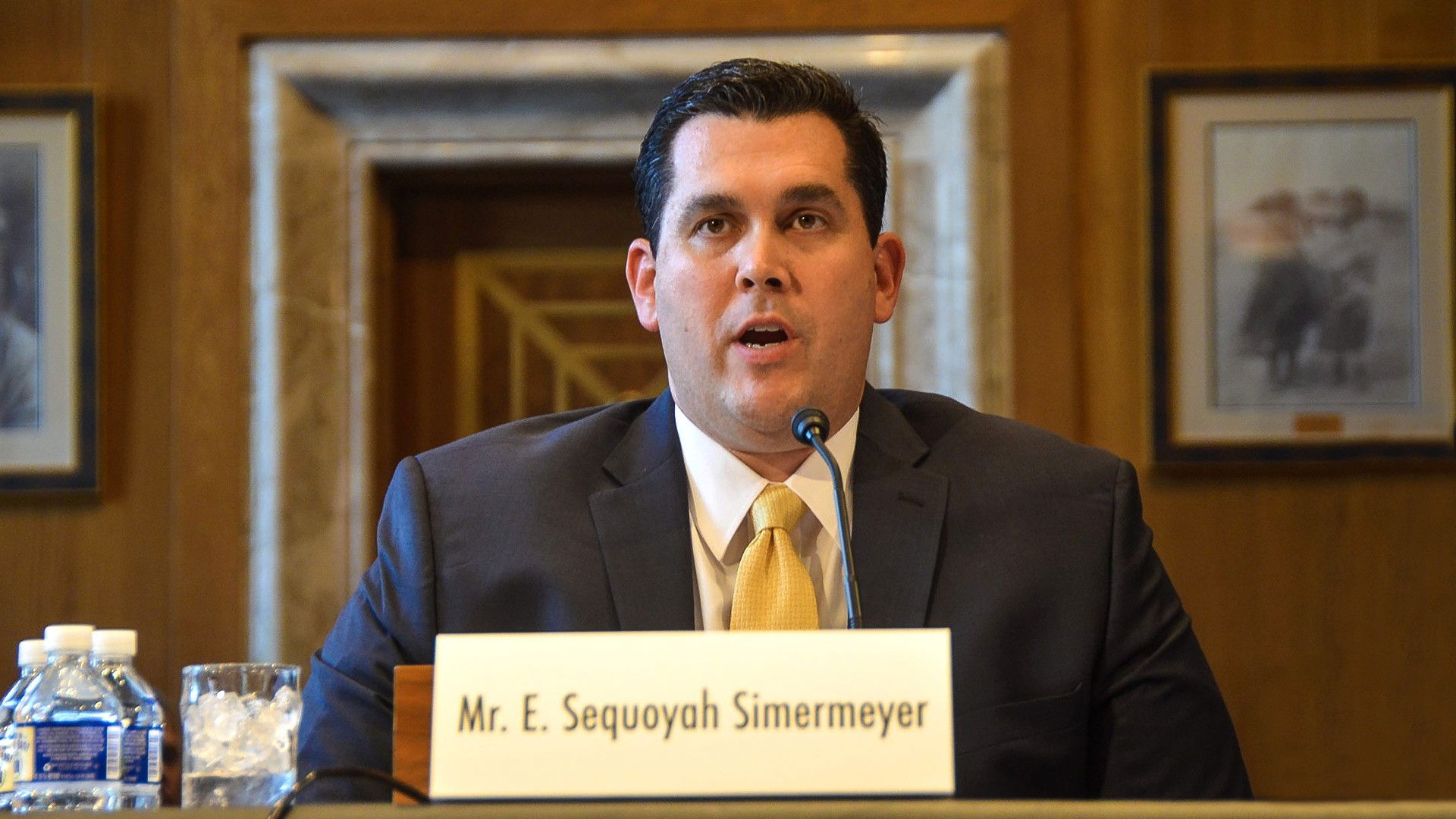FanDuel hires former NIGC Chairman E. Sequoyah Simermeyer as VP for Strategic Partnerships

FanDuel announced on Monday the hiring of the former chairman of the National Indian Gaming Commission, E. Sequoyah Simermeyer, as Vice President for Strategic Partnerships. The move comes as the US sports betting giant works on further building out its effort at tribal relations.
This is FanDuel's third hire of an executive with a background in tribal gaming in the last six months. He joins former San Manuel Band of Mission Indians COO Rikki Tanenbaum, who was hired in October as a Senior Vice President for Strategic Partnerships; and Frank Sizemore, former San Manuel Vice President of Operations, who was hired in January, also as a Vice President for Strategic Partnerships.
"I am joining the private sector for the first time, and it mattered to me to join a team where I could use my background as a former regulator, legislative staffer, and public servant to Indian Country," said Simermeyer.
"FanDuel is the leader in mobile gaming and has helped shape the rise of the legalized and regulated marketplace in the U.S. Mobile gaming remains a very young and dynamic industry, and I’m excited to help the team build out our capacity to work within Indian Country nationally to take advantage of opportunities ahead," he added.
Simermeyer, who was appointed to his NIGC position by then-President Donald Trump in 2019, will be tasked with building "sustainable commercial relationships across the United States."

These moves are part of FanDuel's effort to engage Indian Country. The operator is already partnered with Connecticut’s Mohegan Tribe and Washington’s Suquamish Tribe, and is seeking to position itself for when sports betting is legalized in California, which likely won’t happen until at least 2025.
In 2022, a group of seven commercial operators, including FanDuel, ran a ballot initiative in California that would have brought online sports betting to the state and required sportsbooks to partner with tribal casinos. The proposal was not well received in Indian Country despite operators seeking input from the tribes, and California’s tribes ultimately spent about $250 million to kill the initiative. The coalition of operators spent the same amount trying to push their idea forward.
Also in 2022, a political action committee representing DraftKings and FanDuel folded its efforts to run a ballot initiative in Florida months after the Seminole Tribe’s compact to offer digital sports betting was approved by the U.S. Dept. of the Interior (DOI). The companies spent $37 million. The Seminoles currently have a monopoly on retail and digital sports betting in Florida.
Since those defeats, FanDuel has changed its strategy, and last week publicly apologized to California’s tribes for its “uninformed and misguided” attempt to legalize without acknowledging the tribes’ goal of driving the process. California's tribes have had exclusivity for gaming for three decades, and have shown they will fight at any cost to retain that.
James Siva, the chair of the California Nations Gaming Association, which represents 52 of the state’s tribes, recently made it clear the California tribes will play an instrumental role when sports betting comes to the California market.
In many states, tribes have been granted exclusivity for Class III gaming, which is governed on a federal level by the 1988 Indian Gaming Regulatory Act.














































